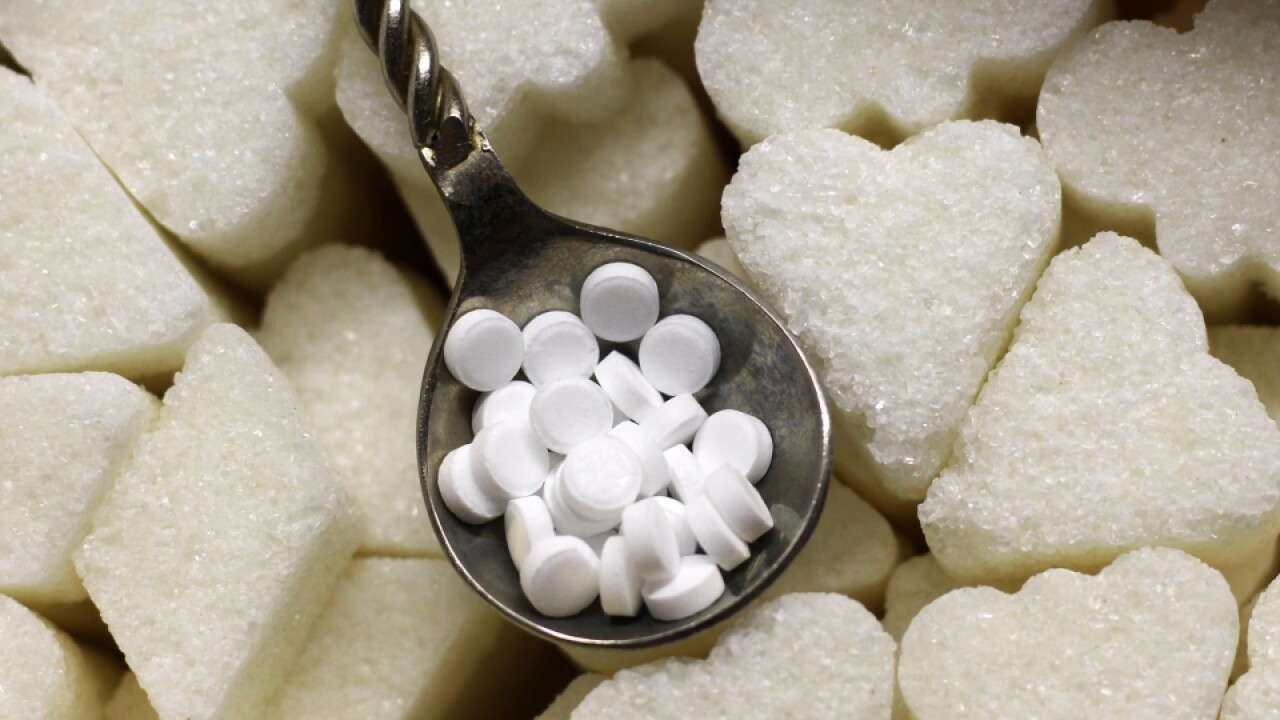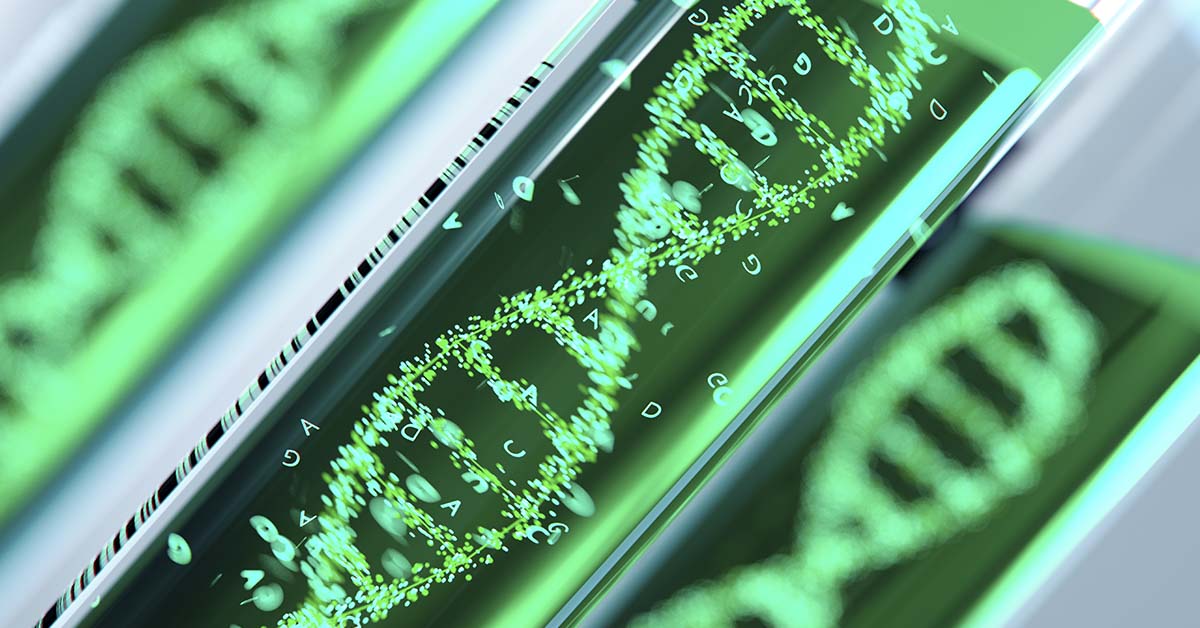A new study from North Carolina State University reveals that a chemical formed when people consume the sweetener sucralose, sold under the name Splenda, is “genotoxic,” meaning it breaks up DNA and can cause health problems.
Findings indicate that fat-soluble compounds are produced in the gut after ingestion of the product.
“Our new work establishes that sucralose-6-acetate is genotoxic. We also found that trace amounts of sucralose-6-acetate can be found in off-the-shelf sucralose, even before it is consumed and metabolized,”
Said Susan Schiffman, an author of the study and an adjunct professor in the joint department of biomedical engineering at North Carolina State University.
“To put this in context, the European Food Safety Authority has a threshold of toxicological concern for all genotoxic substances of 0.15 micrograms per person per day.
Our work suggests that the trace amounts of sucralose-6-acetate in a single, daily sucralose-sweetened drink exceed that threshold.
And that’s not even accounting for the amount of sucralose-6-acetate produced as metabolites after people consume sucralose.”
Researchers conducted experiments exposing human blood cells to sucralose-6-acetate and monitored them for markers of genotoxicity.
“In short, we found that sucralose-6-acetate is genotoxic, and that it effectively broke up DNA in cells that were exposed to the chemical,” Schiffman says.
Researchers also performed in-vitro tests that exposed human gut tissues to sucralose-6-acetate.

“Other studies have found that sucralose can adversely affect gut health, so we wanted to see what might be happening there,” Schiffman says.
“When we exposed sucralose and sucralose-6-acetate to gut epithelial tissues – the tissue that lines your gut wall – we found that both chemicals cause leaky gut,” Schiffman said.
“Basically, they make the wall of the gut more permeable. The chemicals damage the ‘tight junctions,’ or interfaces, where cells in the gut wall connect to each other.
A leaky gut is problematic because it means that things that would normally be flushed out of the body in feces are instead leaking out of the gut and being absorbed into the bloodstream.”
The study examined the genetic activity of the gut cells to see how they reacted to sucralose-6-acetate.
“We found that gut cells exposed to sucralose-6-acetate had increased activity in genes related to oxidative stress, inflammation, and carcinogenicity,” Schiffman said.
“This work raises a host of concerns about the potential health effects associated with sucralose and its metabolites.
It’s time to revisit the safety and regulatory status of sucralose, because the evidence is mounting that it carries significant risks.
If nothing else, I encourage people to avoid products containing sucralose. It’s something you should not be eating.”
